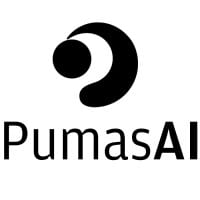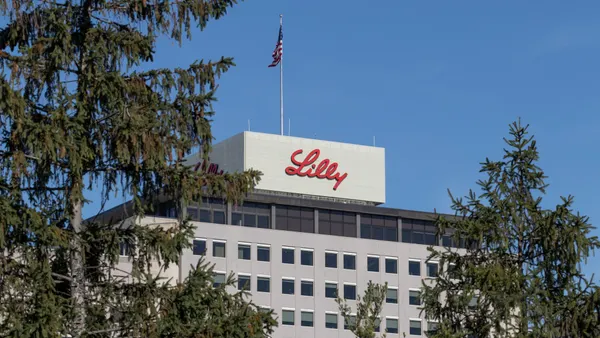Dive Brief:
- British drugmaker AstraZeneca plc has teamed up with the Chinese Future Industry Investment Fund (FIIF) to launch a stand-alone joint venture in China, seeking to accelerate its drug development efforts in the world's second largest market for pharmaceuticals.
- Called Dizal Pharmaceutical, the joint venture is owned equally by AstraZeneca and FIIF, which is managed by the SDIC Fund Management Company. Xialoin Zhang, former head of AstraZeneca's Innovation Center of China, will become CEO of the new company.
- Dizal will hold exclusive rights to three preclinical candidates from AstraZeneca's pipeline and plans to develop its own programs as well. While the pharma has performed well in China, many of the drugs it sells in the country were first developed elsewhere.
Dive Insight:
China is a key market for AstraZeneca, accounting for roughly 15% of the pharma company's global sales so far this year. Annual revenues have increased steadily, boosted by new product approvals in the country and broader access after successful reimbursement negotiations.
In particular, recent regulatory OKs for Tagrisso (osimertinib), a lung cancer medicine, and Farxiga (dapagliflozin), a SGLT-2 inhibitor for type 2 diabetes, bolstered AstraZeneca's product offerings in China.
"We have a business that is starting to make a difference in China," AstraZeneca CEO Pascal Soriot said in July.
That growth contrasts with the experience of AstraZeneca's long-time rival GlaxoSmithKline plc, which reported last month that product sales in China declined by "mid-teen" percentage points in the third quarter.
"We are not close minded to a structural answer to a different way forward in China," said company Chief Financial Officer Simon Dingemans on a Oct. 25 conference call with analysts, noting recent reforms have opened up new opportunities.
GSK — which was brought low by a 2014 bribery scandal in China — is not alone, however, in struggling to find its footing in China. For all the pharma investment in the country, drug R&D in China has yet to return many notable hits.
Successes, like that of AstraZeneca, have mostly come from bringing drugs developed and first approved in other markets into China.
Regulatory changes pushed through by the central government in October aim to change that, lowering hurdles that have impeded clinical development and speeding up product reviews.
AstraZeneca's decision to launch a joint venture appears aimed at capitalizing on that opportunity and expanding the company's foothold. A press release from the drugmaker hinted the joint venture may look to establish "strategic partnerships" in China by tapping FIIF's expertise in that area.
Staff currently employed by AstraZeneca at its Innovation Center China have been invited to join the new company, which could help the venture get off the ground.
"By joining forces with the FIIF, we aim to accelerate the local discovery and development of innovative, affordable medicines for patients in China and around the world," Soriot said in a statement.














